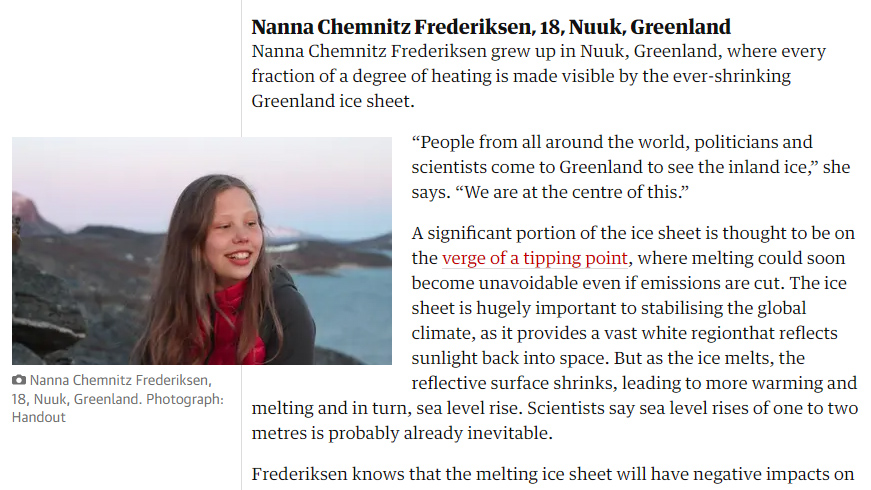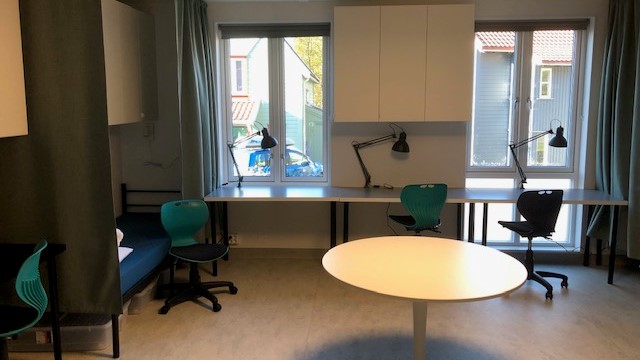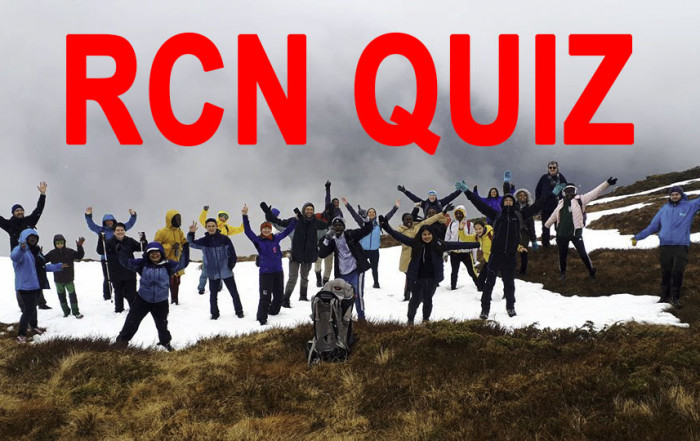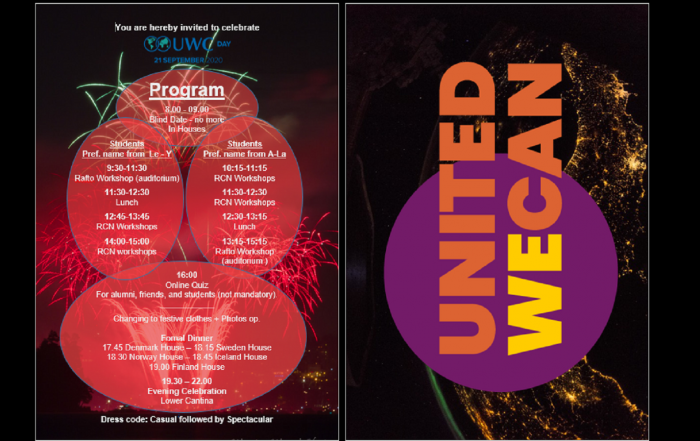“People from all around the world, politicians and scientists come to Greenland to see the inland ice,” she says. “We are at the centre of this.”
A significant portion of the ice sheet is thought to be on the verge of a tipping point, where melting could soon become unavoidable even if emissions are cut. The ice sheet is hugely important to stabilizing the global climate, as it provides a vast white region that reflects sunlight back into space. But as the ice melts, the reflective surface shrinks, leading to more warming and melting and in turn, sea level rise. Scientists say sea level rises of one to two metres is probably already inevitable.
Frederiksen knows that the melting ice sheet will have negative impacts on communities across Greenland, especially in northern settlements such as Qaanaaq where permafrost melting is destabilizing homes and roads and impacting how fishers and hunters operate.
But her real concern lies on the impact it will have globally. “I am not so scared of what the effects of the melting of ice in Greenland will be,” Frederiksen says, “It scares me what effect it can have for the rest of the world.”
Latest News
Welcome to a New Refurbished Sweden House!
Yet another Student House has been Refurbished. This is how it looks! As you can see our students have already taken their new quarters into possession. A huge thanks to all who worked [...]
How Much do YOU know about RCN?
As a part of the UWC Day Celebration we made a special RCN quiz, inviting Alumni, Students and Friends of RCN to participate. Try it out! Click to find out how much you know [...]
Happy UWC Day
UWC Day is the annual global celebration of the UWC mission and values. At RCN we have reserved the whole day for workshops focusing on Humanitarian and Environmental Issues. The day ends with [...]




